Guest Opinion: The Silent Suffers of Incarceration
A police officer enters the Salt Lake Metro Jail in South Salt Lake City on Election Day, Nov. 3, 2020. (Photo by Jack Gambassi | The Daily Utah Chronicle)
December 22, 2021
Dealing with incarceration is challenging. Imagine being taken to a facility surrounded by barbed wire, a sterile cold environment, with stoic armed guards, where everyone is shackled and stripped of any sign of individuality.
Now imagine, you are only nine years old, the average age of children when a parent is first incarcerated. For many Utahn children, this is a reality they encounter when they visit an incarcerated parent. There is nothing fair about this. Incarceration of a parent often affects the most vulnerable, targeting the young, the poor, the minority and rural children with access to limited resources, and children from families with low education.
According to the U.S. Department of Justice, there were 582 female inmates in Utah state prisons alone in 2019 and over 23,000 females are admitted to local jails each year. An often overlooked aspect of that statistic is that 86% of those women are mothers with at least one or more children also experiencing the trauma of incarceration. Our system often provides limited support to inmates and their children throughout incarceration and even less as parents attempt to reintegrate and reunite with their children.
But who are these women? After breaking the law, are they capable of being the mothers their children deserve? Why should we support them? We may think of these women as criminals. However, statistics indicate a majority of them are not violent. On the contrary, they are often in poor health and in need of treatment. Research of female inmates in Utah portrays women who have experienced trauma at an early age. 86% were victims of abuse. Many of them have been exposed to substances in their early teens, and 40% of them were raised in broken families due to incarceration. Despite their love for their children, these mothers weren’t equipped with the skills to successfully navigate life and parenthood. What these women need is family-centered, trauma-informed care. Not punishment.
There are some substance abuse programs that provide mothers with such services while they complete their sentences without going to jail or prison. Odyssey House and House of Hope provide two such programs in Utah. These programs offer single parents substance use and mental health treatment. They also provide parenting classes to strengthen their relationship with their children, giving them a relationship they may not have had themselves. These programs remove significant stressors of securing housing, food and childcare for already overwhelmed mothers as they strive to reintegrate into the community. In-house treatment empowers mothers to re-enter the community with coping skills and critical tools to manage substance abuse and mental illness. It also assists them in locating necessary resources for housing, education and better health care.
Studies show that family-centered substance abuse programs produce more successful outcomes. However, perhaps the most compelling aspect of these programs is the holistic nature of the issues. In addition to addressing substance abuse for the mother, it encompasses the needs of her children and the family unit and allows them to better integrate into society. The benefits of such programs are not limited to decreased risk of child abuse, increased parental bonding with children and improved child developmental and behavioral outcomes.
When it comes to mothers and children, no issue is simple and independent. A mother’s incarceration is also a child’s, family’s and societal issue. Any effective solutions must address the full complexity of the issues at hand. You can advocate for these women and children by writing Sen. Michael Kenedy or Rep. Merrill Nelson, chairs of the health and human services committee, asking for legislative support that funds more family-centered, trauma-focused treatment programs. You can also donate directly to supporting the Odyssey House or the House of Hope. Additionally, you can learn more about how to support inmates at the Utah Prison Advocate Network.
Children are often the silent sufferers in the state correctional system. With the necessary support, we can help minimize the trauma of incarceration on our youngest victims and create a more accessible pathway to a connected, healthy, productive future for all involved.
— Rui Zeller, Tiani Crowfoot & Heidi Roulstone, Graduate Students in the Masters of Social Work program at the University of Utah
The Daily Utah Chronicle publishes guest op-eds written by faculty, elected officials, and other members of the public on topics relevant to students at the University of Utah. The Chronicle welcomes guest op-ed pitches here.


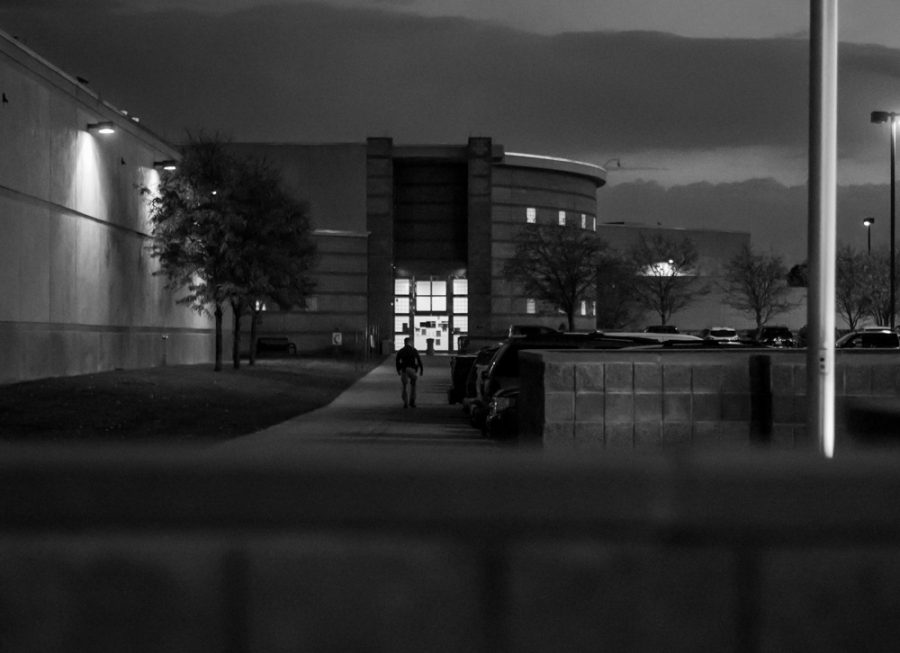

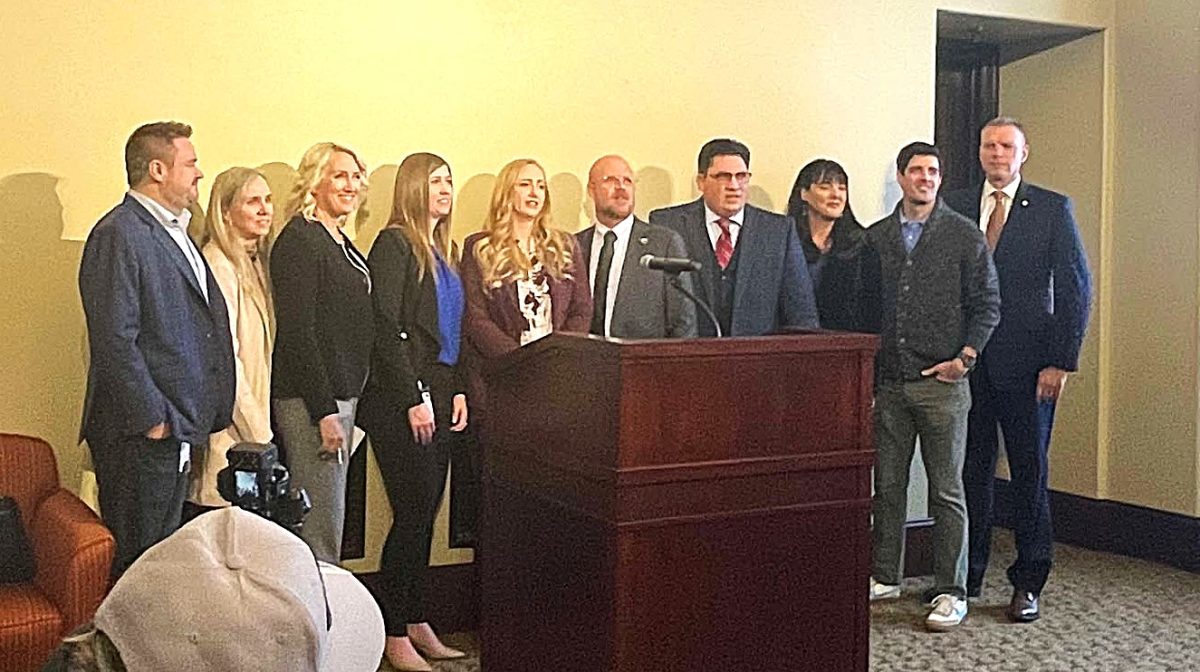
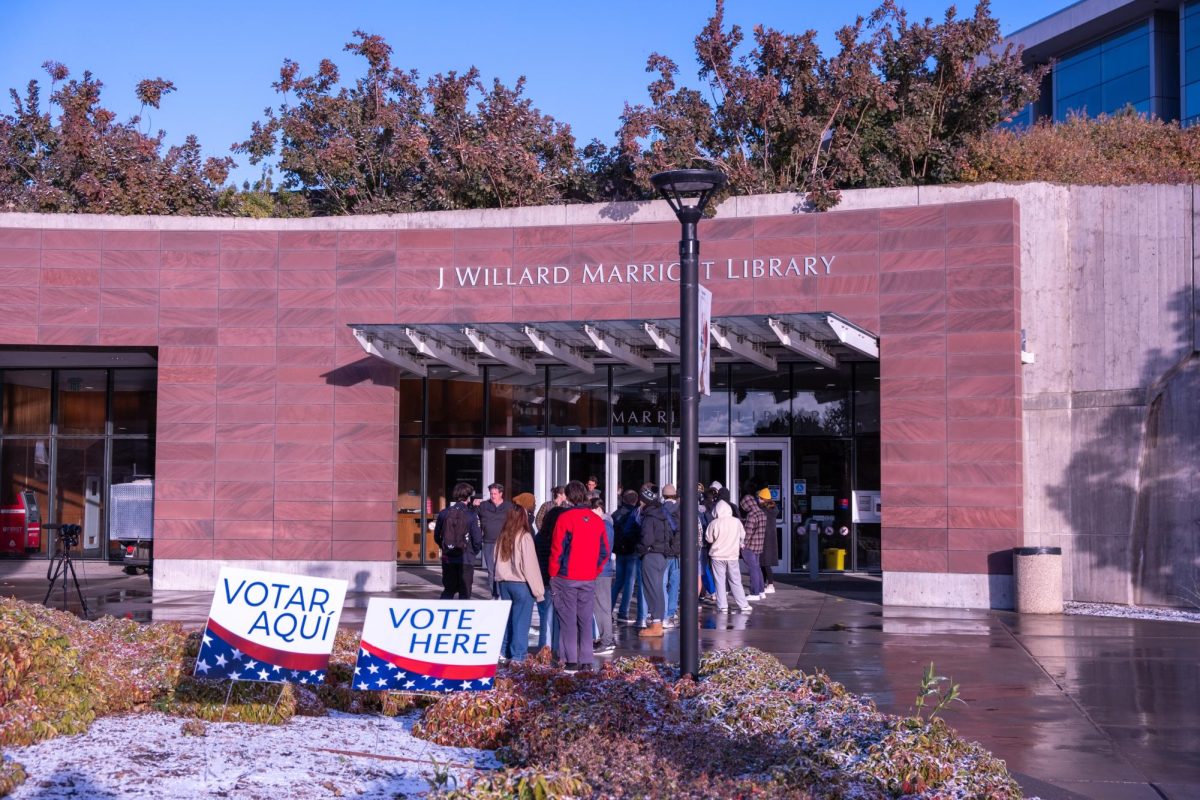
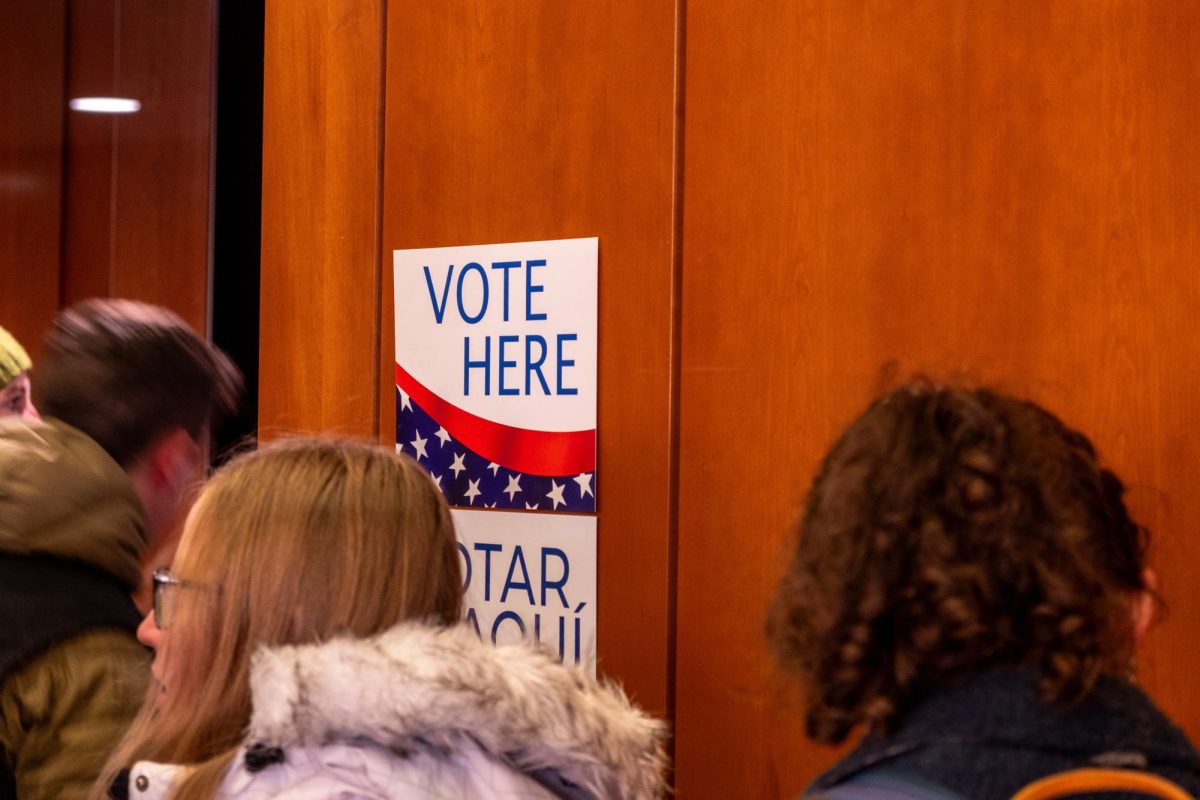
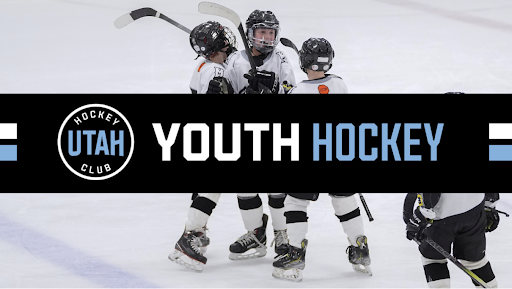
Frank Sterle Jr. • Dec 23, 2021 at 4:27 pm
“The way a society functions is a reflection of the childrearing practices of that society. Today we reap what we have sown. Despite the well-documented critical nature of early life experiences, we dedicate few resources to this time of life. We do not educate our children about child development, parenting, or the impact of neglect and trauma on children.” (Dr. Bruce D. Perry, Ph.D. & Dr. John Marcellus)
_____
If it’s survived, trauma from unhindered toxic abuse typically results in a helpless child’s brain improperly developing. If allowed to continue for a prolonged period, it can act as a starting point into a life in which the brain uncontrollably releases potentially damaging levels of inflammation-promoting stress hormones and chemicals, even in non-stressful daily routines. I consider it to be a form of brain damage.
The lasting emotional and/or psychological pain from such trauma is very formidable yet invisibly confined to inside one’s head. It’s like a discomforting anticipation of ‘the other shoe dropping’ and simultaneously being scared of how badly one will deal with the upsetting event, which usually never transpires.
It is solitarily suffered, unlike an openly visible physical disability or condition, which tends to elicit sympathy/empathy from others. It can make every day a mental ordeal, unless the turmoil is treated with some form of medicating, either prescribed or illicit.
Frank Sterle Jr. • Dec 23, 2021 at 4:26 pm
Too many people will procreate regardless of their questionable ability to raise their children in a psychologically functional/healthy manner. Being free nations, society cannot prevent anyone from bearing children; society can, however, educate all young people for the most important job ever, even those high-schoolers who plan to always remain childless.
I wonder how many instances there have been wherein immense long-term suffering by children of dysfunctional rearing might have been prevented had the parent(s) received, as high school students, some crucial child development science education by way of mandatory curriculum? After all, dysfunctional and/or abusive parents, for example, may not have had the chance to be anything else due to their lack of such education and their own dysfunctional/abusive rearing as children. If nothing else, such curriculum could offer students an idea/clue as to whether they’re emotionally suited for the immense responsibility and strains of parenthood.
Really, if society is to avoid the most dreaded, invasive and reactive means of intervention — that of governmental forced removal of children from dysfunctional/abusive home environments — maybe we then should be willing to try an unconventional proactive means of preventing some future dysfunctional/abusive family situations.
To quote Dr. Alvin F. Poussaint (Professor of Psychiatry, Harvard Medical School): “This is the most important job we have to do as humans and as citizens … If we offer classes in auto mechanics and civics, why not parenting? A lot of what happens to children that’s bad derives from ignorance … Parents go by folklore, or by what they’ve heard, or by their instincts, all of which can be very wrong.”